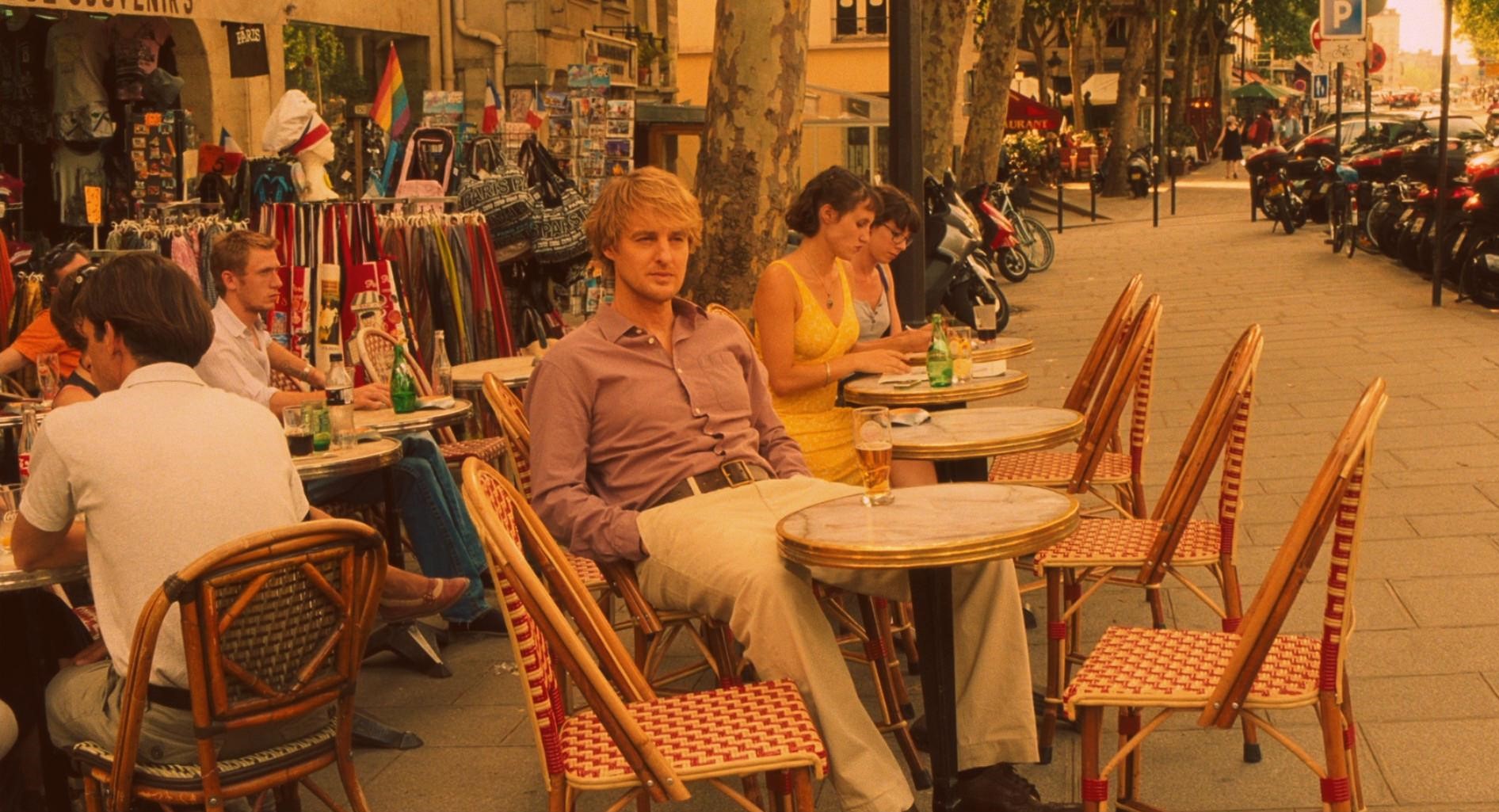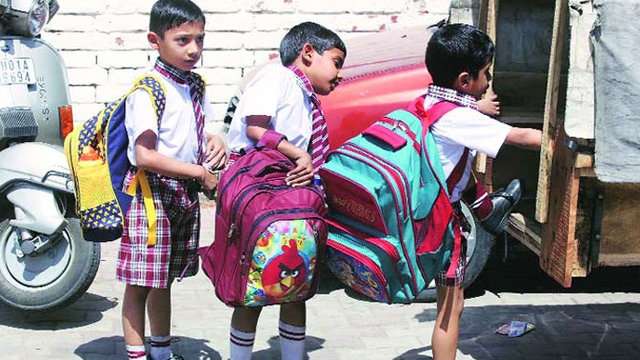Take any “avoid these five things to become a millionaire in your 20s” post on Instagram and you will see the point “wasting time watching movies and TV shows” listed on top.
Ask any productivity influencer or hustler why they don’t watch movies, and they will all scream at the top of their lungs the same thing: “Invest the time in yourself, read books, don’t be a loser, become the best version of yourself…”
Many people, in general, associate movie-watching or novel-reading with wasting time. For a long time, I did the same too. I considered movies and novels only as a source of entertainment and as a means for socializing with people.
Yeah, obviously, because they fall under the entertainment category. You can’t expect self-help or productivity content from them. At least, that’s what I thought like most people.
But it took a while for me to realize that most movies and novels are actually self-help in disguise. If you pay enough attention, there’s always some takeaway.
But wait… Why look for self-help in movies and novels? Wouldn’t it be easier if you simply read self-help books instead? You ask?
Indeed, that’s a valid question. But movies and novels offer us something that even self-help books can’t.
Movies and novels show you different perspectives on life. By giving you a glimpse into different people’s lives, they allow you to see the world through a different lens.
Of course, the best way to get more perspective on life is to speak to different people and listen to their stories. But most of our interactions with people are confined to workplaces, schools, clubs, gyms, or the people we meet during travel. Out of those, there are only a handful of people with whom we exchange personal stories.
Multitudes of factors—like, the location of people, the time period they live in, and probability—play a huge role in determining who we meet and when we meet them.
How rare is it that you would be seated next to Mike Tyson on a plane? Or how rare is it that you’d have a friend like Fidel Castro to listen to his stories in person? Or you are Scott Fitzgerald’s neighbor?
So practically speaking, unless you are Fidel Castro yourself, it’s almost impossible to comprehend the struggles he went through. Perhaps you have read about Fidel Castro somewhere, considering you are someone who reads quite a lot. Else, there’s only a teeny-tiny chance you know his story.
And even that teeny-tiny chance disappears if they’re not as famous. So the point is, in this lifetime, you can’t quite get to know more people and their stories—stories of their dreams, love, adventures, relationships, trauma, and more. It’s these stories that give you different perspectives in life.
Films and novels are great alternatives to this limitation.
They present us with different stories of different people: be it the story of a pianist who lived through the Holocaust, or about the girl that traveled halfway across the globe for her love, or the Syrian Refugee boy who finally made it despite the struggles.
They break the barriers of time, distance, and probability and bring us the worlds of diverse people.
Momentarily, you become a part of the characters’ lives, without really becoming a part of their lives. You get to see the things around the characters, literally as how they saw them. In first person.
And every time you watch a movie or read a novel, you end up learning a lot more than you realize. This could be anything like how a character fought for something they wanted, their calmness in the face of turbulence, the way they handle heartbreaks, their mindset, and much more. And it doesn’t matter how nonrelatable a story might seem, there will always be parts of it you could relate to and learn from.
When you watch a movie about slavery, you will realize what a privilege it is to live freely. When you watch a movie about a World War 2 soldier in a war zone, you will know what a blessing it is to live in a peaceful world. These perspectives are impossible to obtain otherwise unless you have experienced them firsthand.
They can be your Self Mirror
Has this ever happened to you, when you see a movie character imitating something you do normally, but the director depicts it as cringe? And only after some contemplation, you realized your behavior was cringe?
It’s likely, we all have had similar “ahh-shiiittt” realization moments, at least once in our life.
Moments like these are rare. Sometimes, no amount of advice from our friends, family, or books can make us arrive at such realizations. But movies and novels, on the other hand, tend to evoke such realizations easily.
The reason behind this is simple: humans resist change. Your ego gets in the way when a friend insists you work on your behavior. You become defensive.
Whereas in the case of movies and novels, it’s more of a self-discovery process. In both these art forms, you will see for yourself how Person A’s colleagues react to something he does. You will visually see how their faces turn—and the different kinds of emotions every character in the scene goes through.
The soliloquies, the conversations between the characters, and the body languages, coupled with the right bg music, all elevate the scene. Altogether, they accentuate the message the writer/director is trying to convey. This makes the process of change within oneself more frictionless and quicker.
So does this mean you should only binge-watch movies and not read any self-helps? Definitely not. There’s no way movies and novels can be substitutes for self-help. It’s just that, certain changes require a different medium for more impact. Movies and novels are two such media. And so is traveling to new places.
No two of them can be substitutes for the other. There are things that travel can’t give you that movies can and vice versa. And there are things that both traveling and movies can’t give you that self-help can.
To get a better perspective on life, you may need to have a mix of all these three: traveling, watching movies, and reading books.
To quote designer Jan Vanek, “You are the books you read, the films you watch, the music you listen to, the people you meet, the dreams you have, the conversations you engage in. You are what you take from these. You are the sound of the ocean, the breath of fresh air, the brightest light, and the darkest corner. You are a collective of every experience you have had in your life. You are every single day. So drown yourself in a sea of knowledge and existence. Let the words run through your veins and let the colors fill your mind.”
Oftentimes, you live life in constant K. A constant K is a state in which a subject doesn’t feel the dynamics of the event it’s within, for the reason it’s part of the event.
(Take the spinning of the earth, for instance. Even though the earth spins at a speed of 1000 miles per hour, we don’t feel its rotation. Why? Because all the contents of the earth act as the constant K. So unless someone outside the earth tells us we are spinning, we wouldn’t know we are spinning.)
In the same way, we need someone outside of our life to offer us perspective. It is for the same reason you turn to your friends for relationship advice, even on decisions that are clearly no-brainers. The bond you have with your lover, your memories of them, their charisma, and your attraction towards them, all come into the picture and blur your decision-making process.
Traveling, books, and films can be like that friend who offers you the third-person POV. They zoom out everything to you and show you an airplane view of your life. Be it about your career, relationships, or anything.
So, what else? Travel more, read more, and watch movies more. Binge-watching movies only becomes a problem when all you do in life is just binge-watching.



